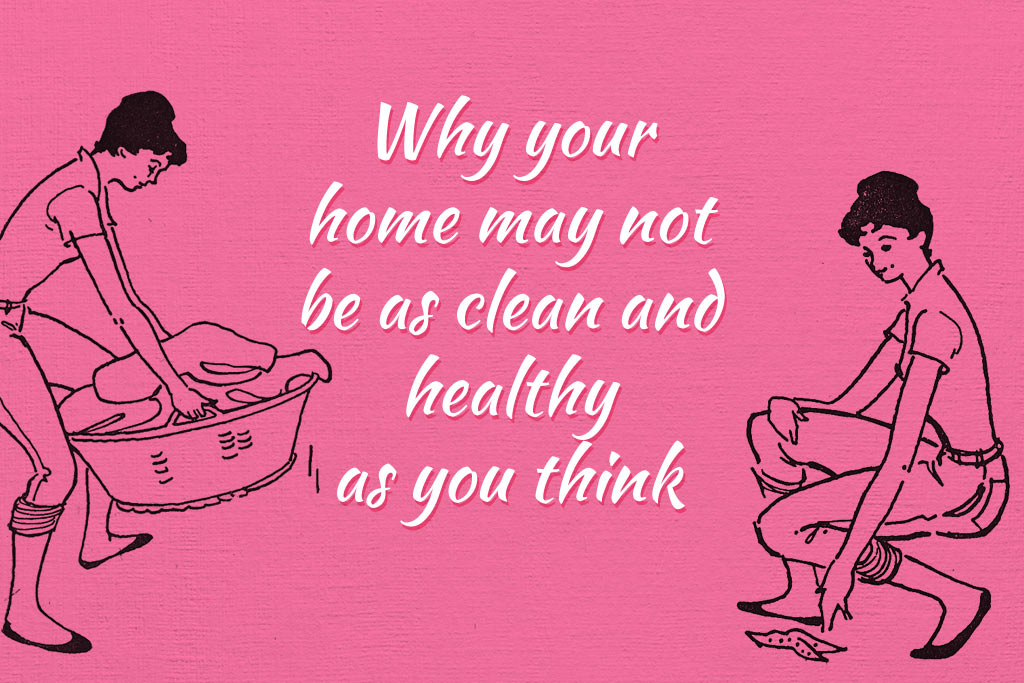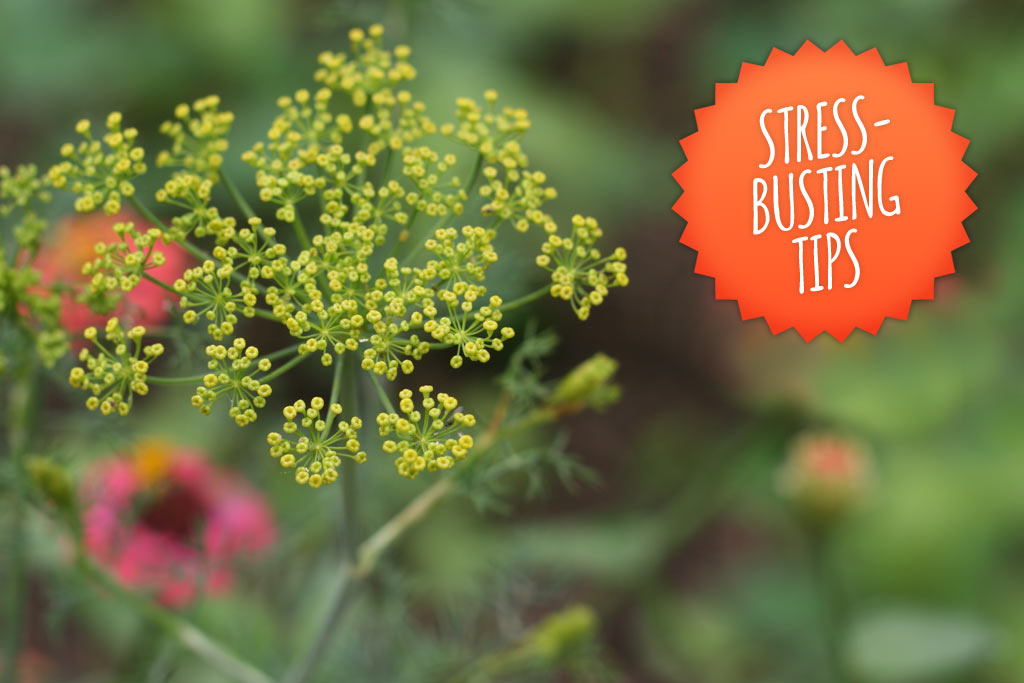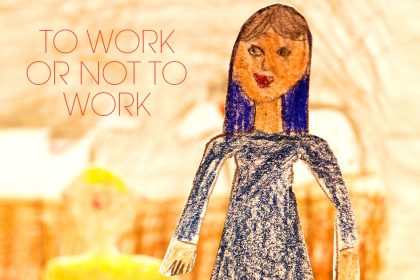Five healthier ways to cope with stress than wine!
How do you deal with stress? Do you find it easy to keep in check or, like many of us, do you rely on a glass or two of wine at the end of the day to soothe your nerves? Learn five healthier ways to cope than wine!
According to Public Health England, alcohol abuse is on the rise in the UK – and the biggest rise (2.1%) is in women. It seems that more and more of us are turning to drink to ease the stress of our day.
And there’s a lot of stress to ease! Stress and related conditions are on the rise around the world. In the UK, eight million of us suffer from anxiety disorder, and anxiety is now the most common mental condition in the US, affecting 40 million adults.
So what can you do? Writer Ann Gage shares five ways you can learn how to manage your daily stress levels, all healthier than an evening glass or two of wine.
Stress has become normal
As a freelance writer, I often feel under stress. Either I’m worried that work is quiet and I may not earn enough this month to cover my bills, or I’m overwhelmed by commissions I don’t want to turn down in case my clients go elsewhere next time. There never seems to be a happy medium!
At least I can console myself that I’m in good company. Stress and depression have often been linked to professions in the arts, and history is rife with great writers who have relied on drugs and alcohol to escape the pressure imposed by their career.
It’s all too easy to rely on self-medication
Writers from the Romantic era (including Samuel Taylor Coleridge and Thomas de Quincey) only wrote when under the influence of opium, detailing the influence it had on their creativity. And while writers like Stephen King have managed to overcome their addictions, others, like Truman Capote, had their lives tragically cut short by alcohol and drug abuse.
You don’t need to be a famous author to fall back on self-medicating. It’s all too easy, at the end of a stressful day dealing with colleagues, clients, fellow commuters and tired and grouchy children, to reward yourself with a much-deserved glass of wine (or two) – a crutch that can quickly become a hard-to-break daily habit.
Five healthier ways to cope with stress than wine!
But there are easier (and healthier!) ways to manage your daily stress than relying on the soothing effects of wine. To help you, here are five that have been proven to work.
1) Mindful meditation
Mindfulness is the buzzword these days, in both yoga circles and health and wellness groups. Studies have shown that mindfulness (or being in the present moment) has a powerful ability to lower levels of stress hormones, which can lead to mental and physiological illness when they are present at chronically high levels.
One study, published recently in JAMA Internal Medicine, found that a mindfulness-based stress reduction program eased anxiety symptoms in those with generalized anxiety disorder.
2) Yoga
This millenary practice is closely related to mindfulness meditation; in fact, most yoga sessions comprise some mindfulness meditation, though yoga also includes asanas (the performance of different poses) and pranayamic breathing (a controlled breathing which has also been found by scientific studies to lower stress hormone levels).
Yoga can be adapted to any level, so don’t let insecurities about your fitness stop you from reaping the benefits of this ancient practice.
3) Exercise
Regular physical activity is a proven antidote to stress, anxiety and depression. Stress atrophies the brain, especially the hippocampus, which is why we tend to forget things when we are tense.
Exercise, on the contrary, stimulates the production of neuro-hormones associated with heightened cognitive function, improved mood and learning. Researchers have found that exercise causes immediate improvements in mood, memory and energy, and lowers depression, worry and anxiety, almost immediately.
4) Connect with nature
If you have decided to take up exercise, reap the maximum rewards it can bestow by taking it outside! Simply viewing imagery of nature has been proven to reduce stress, but when you actually spend time in nature, the benefits can be significantly greater.
You don’t need to work up a sweat to experience the relaxing effects of the great outdoors. Simply go for a walk in a green area and aim to keep a mindful state of mind, enjoying the sounds, sites and smells that are unique to the forest, park or lakeside of your choosing.
5) Acupuncture
If you are after something different but very effective, try acupuncture. A new study carried out at the Georgetown University School of Nursing and Health has found that acupuncture can block the stress-induced elevations of hormones.
Since stress has been linked to everything from brain atrophy to heart disease and Type II diabetes, acupuncture may be an ideal way to ensure that you not only write better, you also live longer!
Written by Ann Gage.










